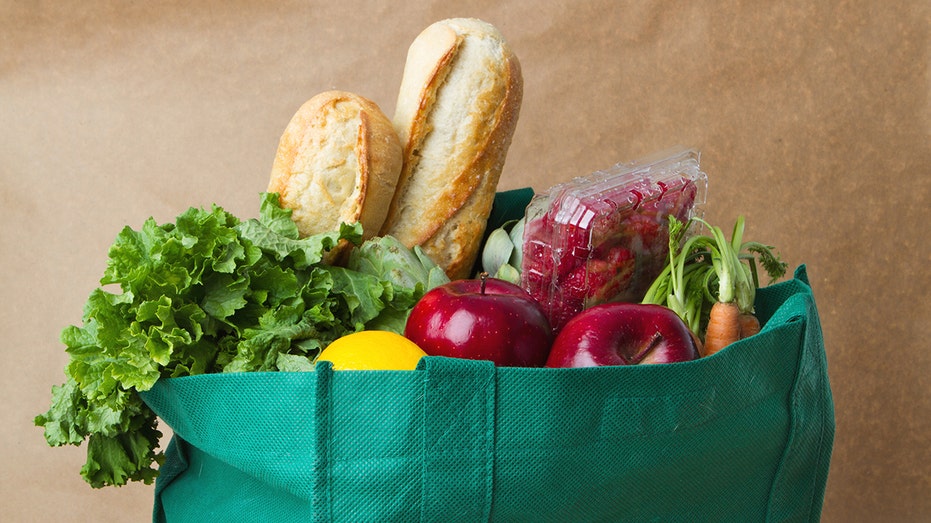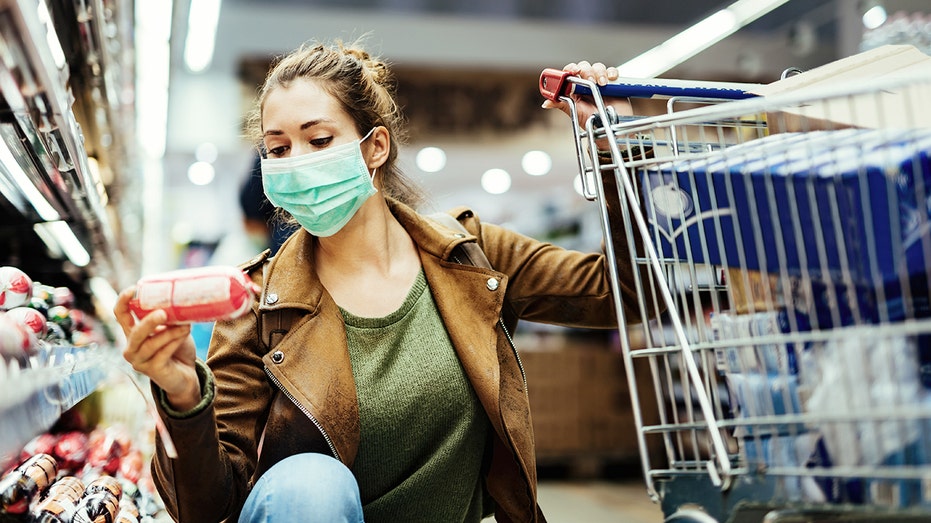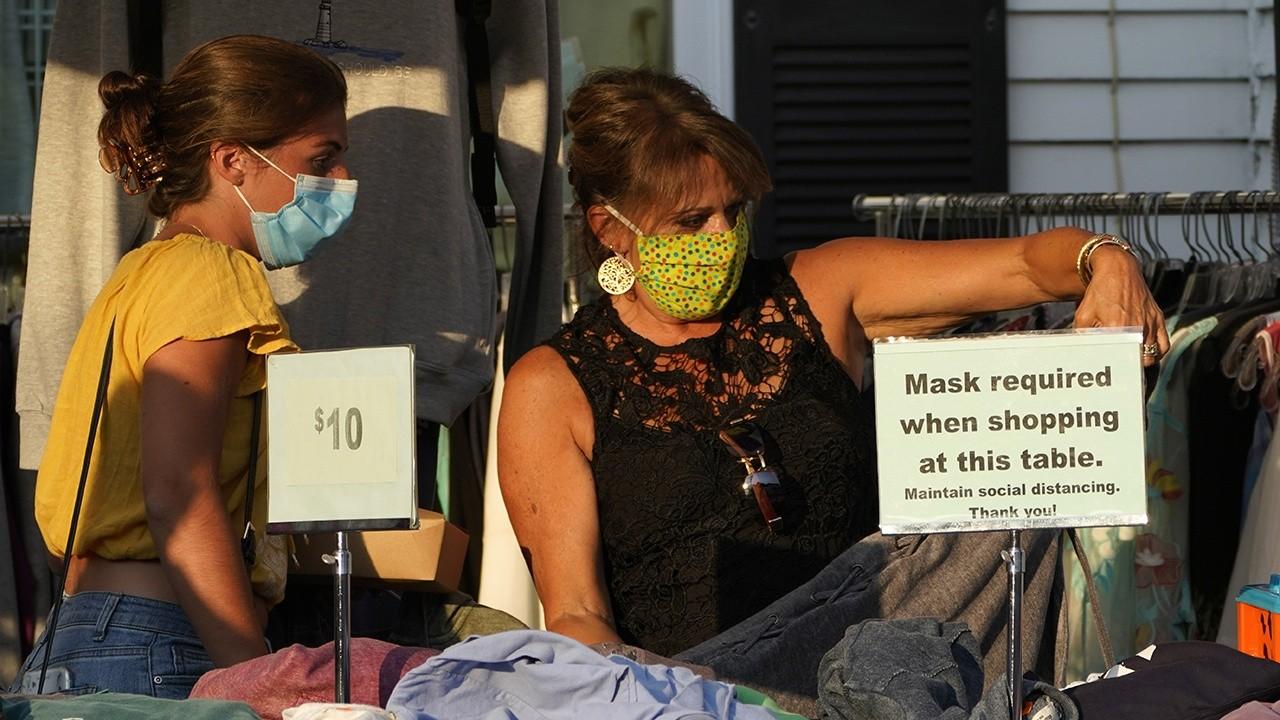Stop & Shop owner doubles down on e-commerce amid pandemic
'Covid was kind of a wake-up call for us,' executive says
The owner of Food Lion, Giant Food and Stop & Shop is allocating more funds to its e-commerce operations as the coronavirus pandemic prompts more people to buy groceries online.
Netherlands-based Ahold Delhaize NV owns the Peapod online grocery service in the U.S. and also offers click-and-collect services, which allow consumers to pick up their online purchases from a store.
WALMART, INSTACART PARTNER FOR SAME-DAY DELIVERY IN 4 U.S. MARKETS
Online sales accounted for only about 3.6% of Ahold's U.S. revenue of EUR23.2 billion ($27.5 billion) in the first half of the year. Still, they are growing rapidly, up from a 2.3% share of U.S. revenue in the first six months of 2019.
"Covid was kind of a wake-up call for us," said Natalie Knight, who has been the company's chief financial officer since April. Ahold decided to accelerate the build out of its online channels and to interlink e-commerce with the brick-and-mortar business because of the pandemic, Ms. Knight said.

A bag of groceries wait to be delivered. (iStock)
"My role as CFO is to make sure that we are rethinking capital allocation for omnichannel [capabilities]," Ms. Knight said. Omnichannel refers to the combination of traditional brick-and-mortar stores, e-commerce platforms and click-and-collect services.
Ms. Knight, who previously worked at Denmark-based dairy company Arla Foods and spent more than 15 years at sportswear giant Adidas AG, said Ahold moved up its target of reaching about EUR7 billion in online sales in the U.S. and Europe to the end of 2020 -- a year earlier than planned. It also accelerated the timeline for developing robotic technologies for its stores and warehouses.
IMPOSSIBLE FOODS SELLING DIRECT-TO-CONSUMER ALTERNATIVE MEAT
Besides supermarkets, the company owns bol.com, an e-commerce platform like Amazon.com Inc. that operates in the Netherlands and Belgium.
Ahold plans to boost capital expenditures to about EUR2.5 billion this year, up from EUR2.2 billion in 2019, Ms. Knight said. A spokesman said the company plans to spend about 3% of annual sales on capital expenditures in 2021. Ahold declined to provide a breakdown for capital spending in the U.S.
The Dutch company is lagging behind competitors such as Walmart Inc. in terms of e-commerce sales in the U.S. and needs to catch up, said Clément Genelot, an analyst at Bryan, Garnier & Co., an investment bank.
"It is not too late though," he said, pointing to recent increases in online sales volume at the company's U.S. grocery brands.

A young woman shops for groceries. (iStock)
Ahold plans to have about 1,100 stores in the U.S. with click-and-collect functionality by the end of the year, up from 765 as of June 30. The company is also ramping up spending on hand-held shopping devices and software to help in-store customers check out without going to a cashier.
GET FOX BUSINESS ON THE GO BY CLICKING HERE
In recent quarters, the company has focused less on refurbishing stores and more on longer-term growth opportunities such as its omnichannel business. Balancing the different types of investments is critical, Ms. Knight said: "If you don't do that, brick-and-mortar wins every day in terms of where the investments are going."
The retailer also is redefining performance metrics and adding new ones -- for example, working to do a better job of measuring the number of new customers and to track how it can use its sales channels to attract advertising from food manufacturers, Ms. Knight said.
CLICK HERE TO READ MORE ON FOX BUSINESS
Ahold will no longer focus as much on traditional metrics such as transaction prices or items per transaction, according to a spokesman.
The company has been accelerating its investments to respond to changing consumer choices, said James Grzinic, an analyst at investment bank Jefferies Group LLC. "There is a big channel shift in the U.S., so it is absolutely rational to invest," he said.




















